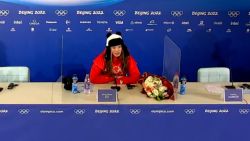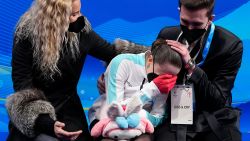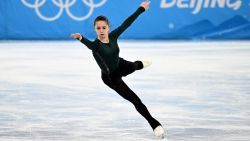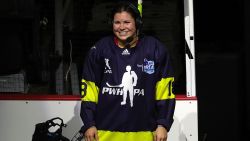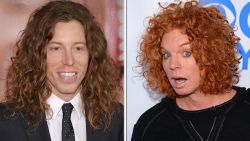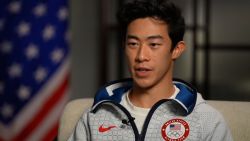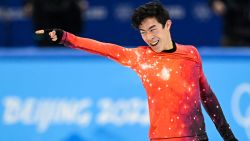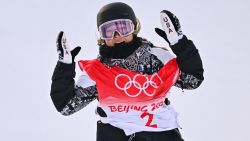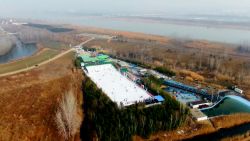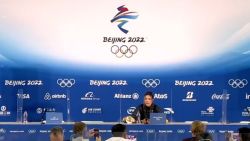Story highlights
Russia reportedly has Olympic status 'fully reinstated'
Nation had previously been forced to compete in neutral colors at PyeongChang 2018
Two Russian athletes failed drugs tests at this year's Winter Olympics
Officially ostracized from the recent Winter Games over a long-running doping saga, Russia has now been welcomed back into the Olympic family.
The country was banned from PyeongChang 2018 following state-sponsored doping, leading up to and including the Sochi 2014 Winter Olympics.
Two Russian athletes also failed drugs tests during the Games this month, but that hasn’t prevented Russia being reinstated.
The International Olympic Commitee (IOC) announced on the day of the Winter Games’ closing ceremony that, as long as “no additional Anti-Doping Rule Violations by members of the delegation” were uncovered, the suspension would be lifted.
And so it has proven, after the Doping-Free Sport Unit (DFSU) confirmed all remaining test results from Russian athletes had come back negative.
“The final notification of all remaining test results from the Olympic Athlete from Russia (OAR) delegation has been received from the DFSU,” said an IOC statement released Wednesday.
“The IOC can confirm that all the remaining results are negative. Therefore, as stated in the Executive Board decision of 25th February the suspension of the Russian Olympic Committee is automatically lifted with immediate effect.”
‘Absolutely full-fledged’
Russian Olympic Committee (ROC) president Alexander Zhukov spoke of the effort it had taken to get Russia reinstated and called the decision “very important.”
“You know that the past three months have been among the most challenging ones in Russian sport’s history,” Zhukov said Wednesday, in comments carried by Russian state news agency TASS. “We had to meet many demands before and during the Games.”
“I would like to thank our athletes who were able to perform well even despite the provocations,” Zhukov added. “I thank the fans who did not cross the line and what could result in sanctions.
“Today’s IOC’s decision is very important for us. The ROC is an absolutely full-fledged member of the Olympic family.”
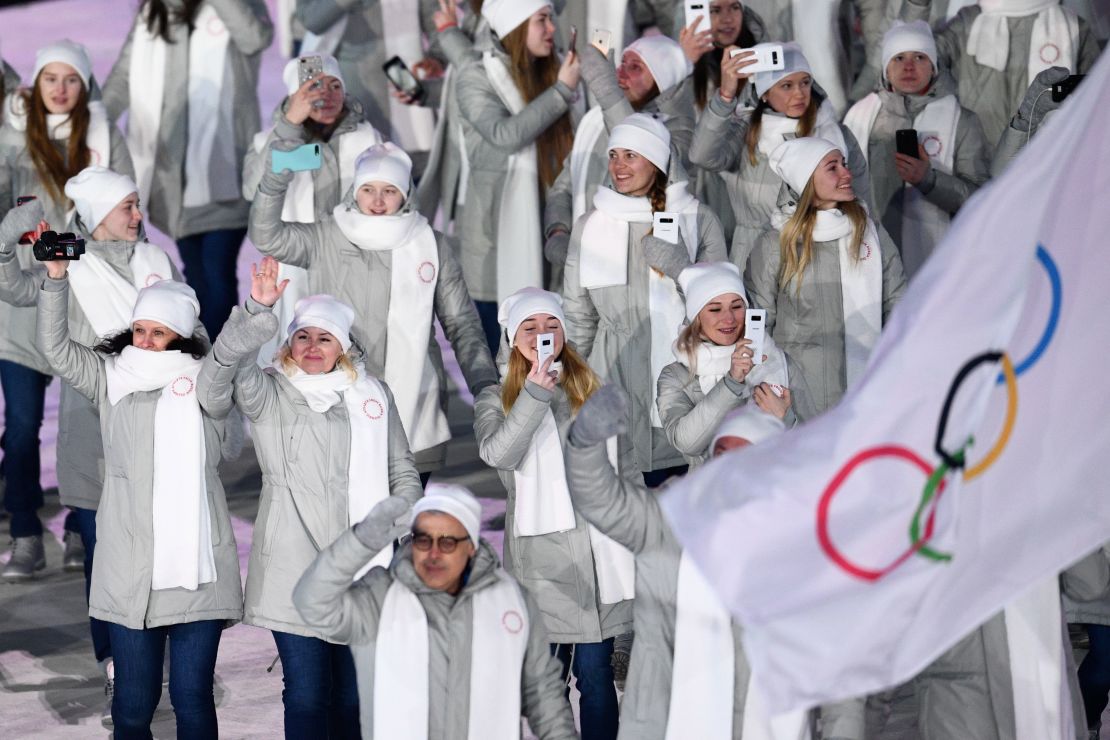
A team of 168 athletes who could prove they were clean from doping competed at February’s Winter Games as Olympic Athletes from Russia (OAR), under the Olympic flag and anthem.
IOC president Thomas Bach said the two failed tests, from Russian curler Alexander Krushelnitsky and bobsledder Nadezhda Sergeeva, were “very disappointing” and had prevented the governing body lifting Russia’s ban for the closing ceremony.
But Bach stressed there is “no evidence of systemic doping and no evidence of the involvement of the Russian Olympic Committee” in either case.
‘More to do with negligence’
Krushelnitckii and his wife and curling partner, Anastasia Bryzgalova, gave back their bronze medals, after he tested positive for meldonium.
“I have never either violated the rules of sports or used doping,” Krushelnitckii said in a statement published by TASS.
Sergeeva, who failed to medal in the bobsled, tested positive in an out-of-competition test for the banned heart mediation trimetazidine.
The Russian Bobsled Federation said its medical team did not prescribe the drug to Sergeeva.
“The bobsled Federation of Russia and the athlete herself understand the extent of her responsibility and realize how what happened can respond to the fate of the whole team,” it said in a statement.
Russia’s chef de mission Stanislav Pozdnyakov apologized to the IOC for the violations and said they were “more to do with negligence than malicious intent.”
World Anti-Doping Agency president Craig Reedie told CNN during the Games that the Russians had “come a long way.”
“The Russian Anti Doping Agency has completed changed their operation,” said Reedie. “Our international experts have worked with them, we’ve rebuilt it, and it’s doing a really good job.
But, Reedie stressed, two conditions are yet to be fulfilled.
“First is, recognition and acceptance of the results of the McLaren Report, which they steadfastly refuse to do. And the second is to allow us into the Moscow laboratory because there are some samples there that are under the control of their own investigative committee.”

Despite being the third largest team in Pyeongchang, OAR only finished 13th in the medal table – winning two golds, nine less than Sochi 2014.
There was controversy after the OAR team beat Germany to win men’s ice hockey gold on Sunday 25 February and then sang the Russian national anthem while the Olympic song was being played at the medal ceremony.
Visit CNN.com/sport for more news and features
“We’re prohibited from having the flag so we had to do something at least,” said Russian player Bogdan Kiselevich. “We sang because we’re Russian people and when you win, the anthem is played. It was in our souls and heart. It’s freedom of speech.”


